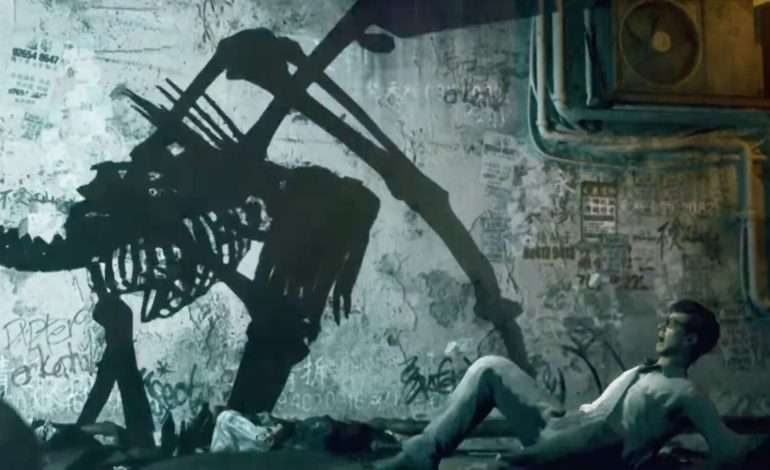

In an exclusive interview with Bokeh Game Studio, composer Akira Yamaoka talked about his experience creating the music for Slitterhead. During the interview, Yamaoka described his composing process and discussed his experience working with Keiichiro Toyama after more than 20 years.
Bokeh Game Studio, the independent game studio created by Silent Hill creator Keiichiro Toyama, recently posted an eleven-minute video on YouTube that gave viewers a look into Akira Yamaoka’s composing process for Slitterhead, where he was first revealed as the composer in Slitterhead‘s trailer shown during The Game Awards 2021. In the video, Yamaoka talks about reuniting with Keiichiro Toyama on Slitterhead, where the last time they both worked together was on the original Silent Hill soundtrack back in 1999. Yamaoka explains that when Toyama came to him regarding Slitterhead, there wasn’t much convincing involved, as he said, “I felt like I was the only one who could work on it. Not to return the favor for Silent Hill, but I felt like I wanted to create an energy, something that goes beyond the original Silent Hill, sound-wise.”
I felt like I was the only one who could work on it. Not to return the favor for Silent Hill, but I felt like I wanted to create an energy, something that goes beyond the original Silent Hill, sound-wise.
A significant concept that Yamaoka implements into Slitterhead’s soundtrack is purposely making the music misalign and mismatch with the overall game. He first explored and used this concept on the Silent Hill soundtrack and continued to take this route as he composed the music for Slitterhead. He explains that he wanted the music to juxtapose the overall game so the sound would feel more fresh and attractive. We get a little taste of this juxtaposition in Slitterhead’s official trailer, where the electric guitar and drums amplify the chaos occurring simultaneously in the trailer. Yamaoka believes this concept is what helps enhance the player’s gaming experience, where he says, “It’s that misalignment that creates both fear and originality.”
Regarding his musical direction, Yamaoka explains that he “keeps a thorn hidden” in his music. He uses an example of eating a meat pie to describe his musical style, where he says, “It’s like you had this delicious meat pie, but a thorn comes stick in your mouth. It still tastes great overall.” Yamaoka believes that this is his intention behind his musical process and what creates the “Yamaoka touch” that we see in Silent Hill and Slitterhead.
Play games, take surveys and take advantage of special offers to help support mxdwn. Every dollar helps keep the content you love coming every single day.
